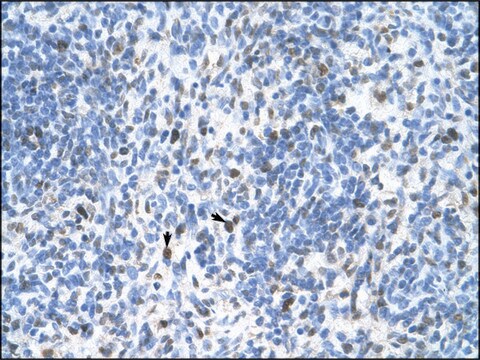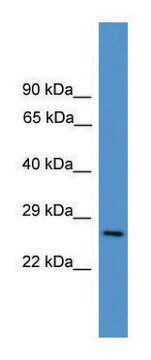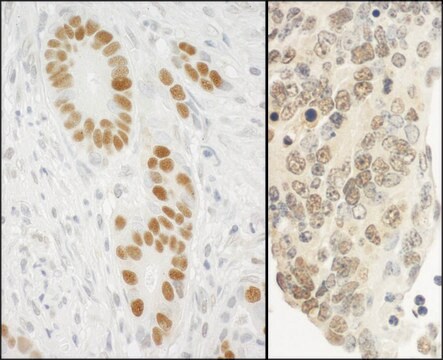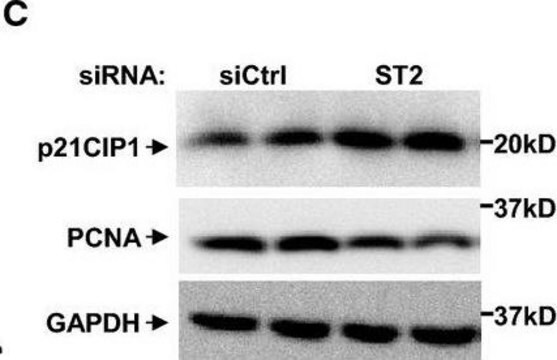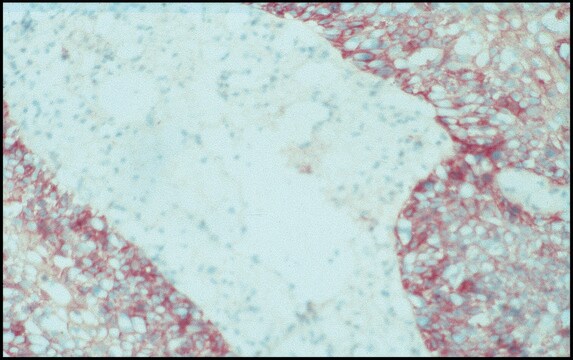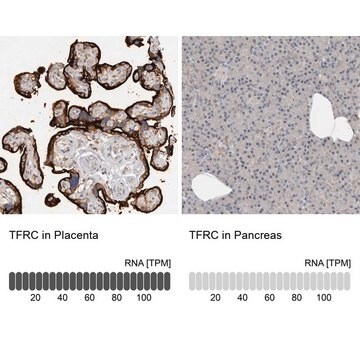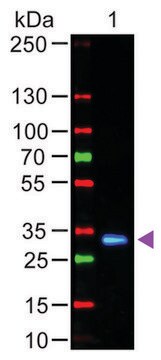SAB4200708
Anti-Proliferating Cell Nuclear Antigen antibody, Mouse monoclonal
clone PC 10, purified from hybridoma cell culture
Synonym(s):
Anti-ATLD2, Anti-Cyclin, Anti-PCNA
About This Item
Recommended Products
biological source
mouse
Quality Level
antibody form
purified from hybridoma cell culture
antibody product type
primary antibodies
clone
PC 10, monoclonal
form
buffered aqueous solution
mol wt
antigen ~36 kDa
species reactivity
monkey, rat, insect, mouse, yeast, human
concentration
~1.0 mg/mL
technique(s)
ELISA: suitable
flow cytometry: suitable
immunoblotting: 0.5-1 μg/mL using human foreskin fibroblast HS-68 cell line extract
immunofluorescence: 1.25-2.5 μg/mL using HeLa cells
immunohistochemistry: 10 μg/mL using heat-retrieved formalin-fixed, paraffin-embedded human Tonsil sections.
immunoprecipitation (IP): suitable
isotype
IgG2a
UniProt accession no.
shipped in
dry ice
storage temp.
−20°C
target post-translational modification
unmodified
Gene Information
human ... PCNA(5111)
Related Categories
General description
Specificity
Immunogen
Application
- enzyme-linked immunosorbent assay (ELISA)
- immunoblotting
- flow cytometry
- immunohistochemistry
- immunoprecipitation
- immunofluorescence
Biochem/physiol Actions
Physical form
Storage and Stability
Disclaimer
Not finding the right product?
Try our Product Selector Tool.
Storage Class Code
10 - Combustible liquids
Flash Point(F)
Not applicable
Flash Point(C)
Not applicable
Certificates of Analysis (COA)
Search for Certificates of Analysis (COA) by entering the products Lot/Batch Number. Lot and Batch Numbers can be found on a product’s label following the words ‘Lot’ or ‘Batch’.
Already Own This Product?
Find documentation for the products that you have recently purchased in the Document Library.
Our team of scientists has experience in all areas of research including Life Science, Material Science, Chemical Synthesis, Chromatography, Analytical and many others.
Contact Technical Service